Description
Avalide is a prescription medication designed to treat hypertension (high blood pressure). It is a combination drug consisting of two active substances: irbesartan, an angiotensin II receptor antagonist, and hydrochlorothiazide, a thiazide diuretic. Irbesartan relaxes blood vessels, allowing blood to flow more easily, whereas hydrochlorothiazide helps the body get rid of excess salt and water, decreasing the blood volume. The combined action of these two drugs lowers blood pressure more effectively than when used alone.

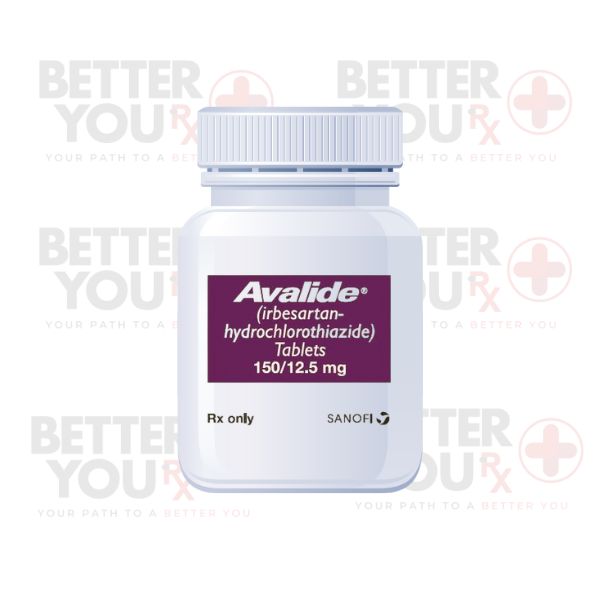
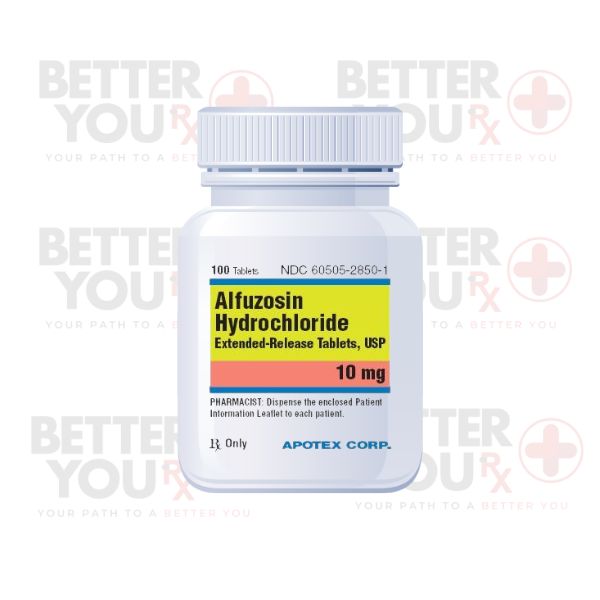
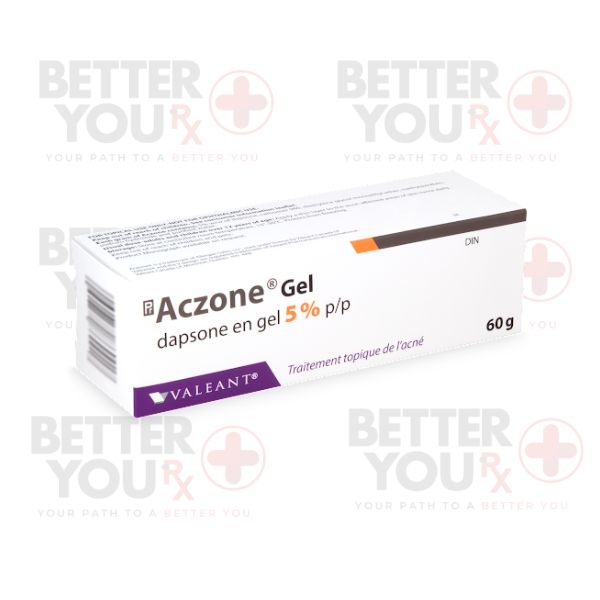

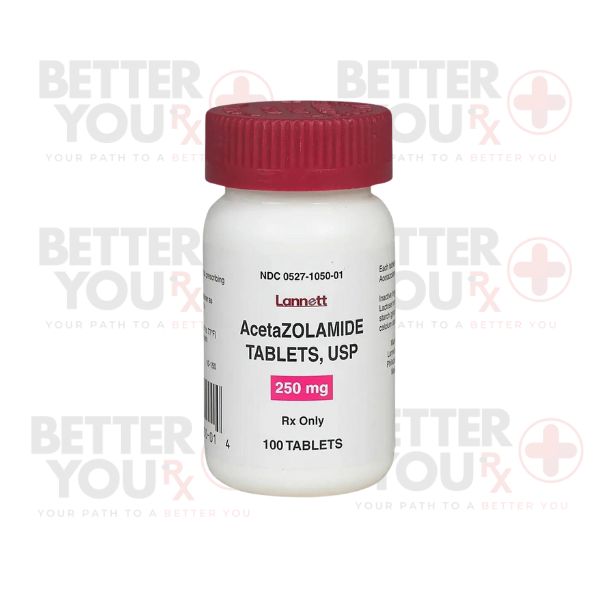
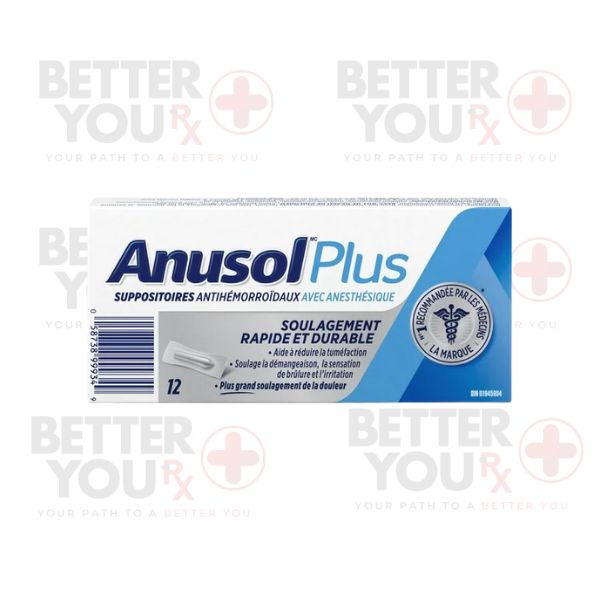
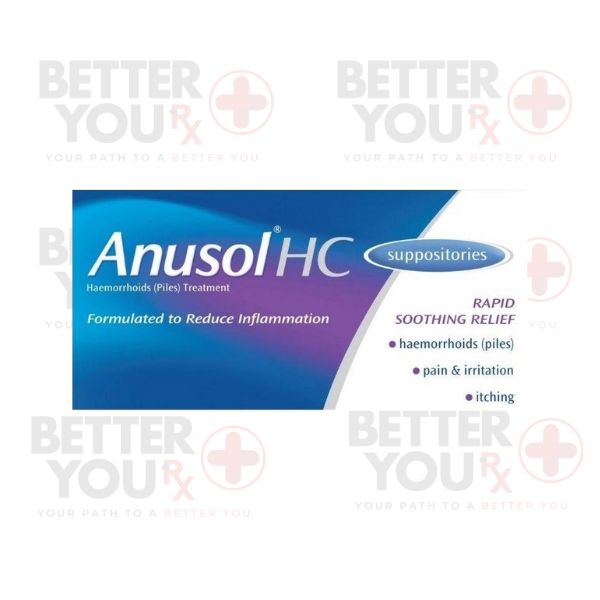
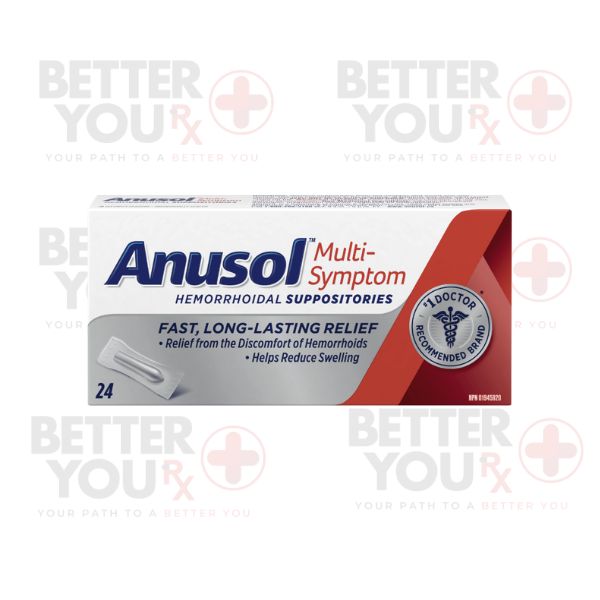

Reviews
There are no reviews yet.